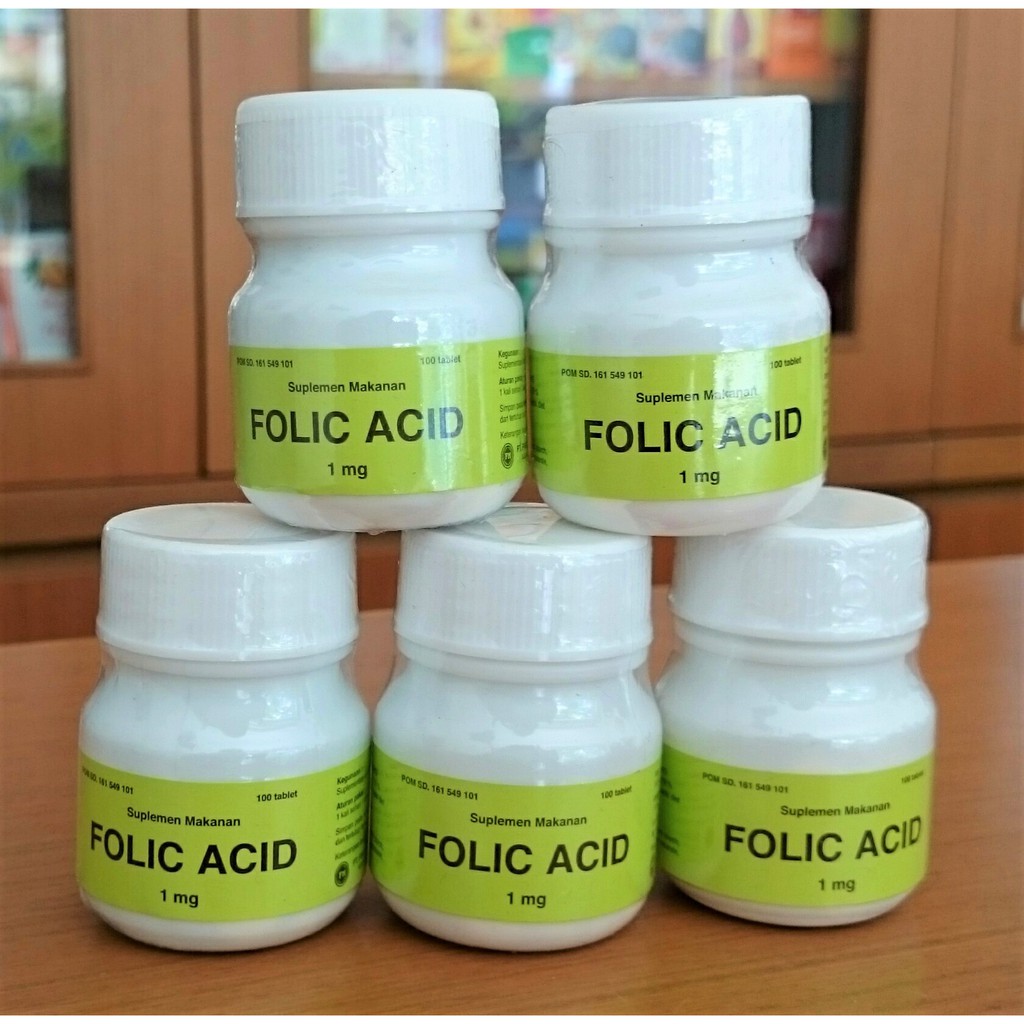Folic Acid Tablet 1 mg
Description
Folic Acid Tablet 1 mg is an oral medication containing folic acid, which is the synthetic form of folate (also known as Vitamin B9). Folic acid is a water-soluble B vitamin essential for numerous bodily functions, particularly DNA synthesis, cell division, and the maturation of red blood cells. The 1 mg strength is a common dosage used for both prevention and treatment of moderate folate deficiency and for specific prophylactic uses.
Advantages
- Essential for DNA and Cell Division: Crucial for the synthesis of DNA and RNA, and therefore vital for all rapidly dividing cells in the body, including those in the bone marrow, gut lining, and during fetal development.
- Prevents and Treats Folate Deficiency Anemia: Effectively corrects megaloblastic anemia caused by insufficient folate.
- Crucial for Fetal Development: Plays a critical role in preventing serious birth defects, especially neural tube defects (NTDs), when taken before and during early pregnancy.
- Supports Red Blood Cell Formation: Necessary for the proper maturation of red blood cells, helping to prevent certain types of anemia.
- Well-Tolerated: Generally considered safe and well-tolerated with a low incidence of side effects.
- Oral Convenience: Easy to administer in tablet form.
Uses
Folic Acid Tablet 1 mg is primarily used for:
- Prevention of Neural Tube Defects (NTDs): Highly recommended for women of childbearing age, especially those planning pregnancy or in early pregnancy, to reduce the risk of NTDs (e.g., spina bifida, anencephaly) in the fetus. The typical prophylactic dose for this purpose is often 400 mcg to 800 mcg, but 1 mg may be used, particularly in regions where deficiency is more prevalent or for women with higher risk factors (e.g., previous NTD pregnancy).
- Treatment of Folate Deficiency Anemia: To replenish low folate levels and treat megaloblastic or macrocytic anemia caused by folate deficiency.
- Megaloblastic Anemia (due to Folate Deficiency): To reverse the hematological abnormalities and associated symptoms.
- Supplementation in Conditions with Increased Folate Requirement:
- Pregnancy and Lactation: Due to increased metabolic demands.
- Rapid Cell Turnover: E.g., certain hemolytic anemias, exfoliative dermatitis.
- Malabsorption Syndromes: E.g., Crohn’s disease, celiac disease, short bowel syndrome.
- Patients on Certain Medications: E.g., methotrexate (used for some autoimmune diseases and cancers), some antiepileptics (e.g., phenytoin, carbamazepine), which can interfere with folate metabolism.
- Chronic Alcoholism: As alcohol interferes with folate absorption and metabolism.
Nature
Folic acid is a synthetic form of folate (Vitamin B9), a water-soluble vitamin.
Its mechanism of action involves:
- Metabolic Conversion: Upon ingestion, folic acid is readily absorbed from the small intestine and converted into its biologically active forms (e.g., tetrahydrofolate, 5-methyltetrahydrofolate) through enzymatic reactions in the liver and other tissues.
- Role as Coenzyme: These active folate coenzymes are crucial for a variety of single-carbon transfer reactions in metabolism, particularly:
- DNA Synthesis: They are essential for the synthesis of purines and pyrimidines, the building blocks of DNA and RNA. This is vital for all rapidly dividing cells, including red blood cell precursors in the bone marrow.
- Amino Acid Metabolism: They participate in the interconversion of certain amino acids, such as the conversion of homocysteine to methionine. Proper homocysteine metabolism is important for cardiovascular health.
- Red Blood Cell Maturation: Adequate folate is critical for the normal maturation and division of red blood cells. Folate deficiency leads to impaired DNA synthesis in rapidly dividing erythroid precursor cells, resulting in the production of abnormally large, immature red blood cells (megaloblasts), which characterize megaloblastic anemia.
By providing sufficient substrate for these crucial metabolic pathways, folic acid ensures normal cell division, particularly of red blood cells, and healthy fetal neurological development.
Storage
- Room Temperature: Store Folic Acid Tablet 1 mg at controlled room temperature, typically between 20∘C to 25∘C (68∘F to 77∘F).
- Protect from Light and Moisture: Keep the tablets in their original, tightly closed container or blister pack. It is important to protect them from direct light, heat, and excessive humidity. Avoid storing in humid environments like bathrooms.
- Keep Out of Reach of Children: Store the medication in a secure place, well out of the sight and reach of children and pets.
- Do Not Freeze: Do not freeze the tablets.
- Check Expiry Date: Always check the expiry date on the packaging. Do not use the medication after this date. Properly dispose of any expired or unused medication according to local pharmacy or waste disposal guidelines.

